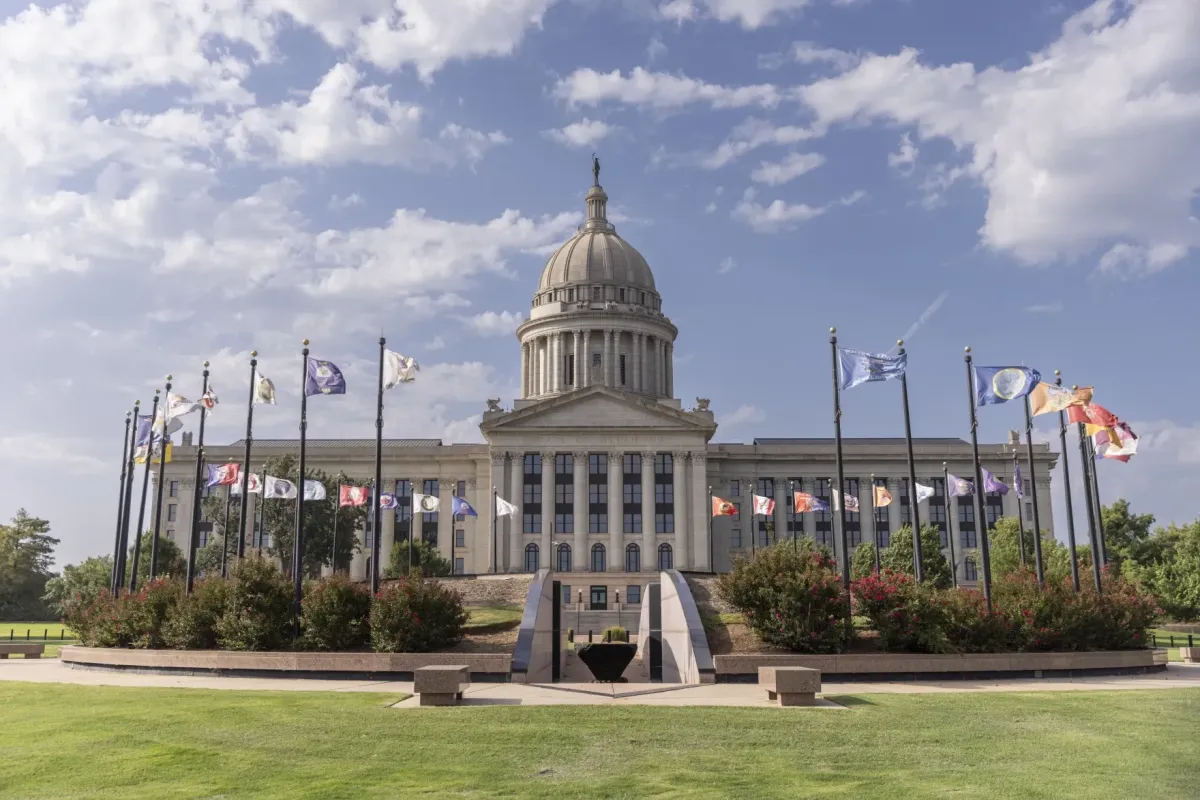
Oklahoma House Bill 1118: A Push for Freedmen Rights and Tribal Accountability
The fight for Freedmen rights in Oklahoma has long been a complex and often contentious issue. Now, House Bill 1118 (HB 1118), introduced by Representative Stewart in the 2025 legislative session, seeks to address this by ensuring that tribes receiving state agreements, compacts, or funding must grant fair and equal rights to Freedmen citizens—descendants of Black individuals once enslaved by Native American tribes.
This bill, if passed, would represent a significant shift in state-tribal relations, placing pressure on tribes that have yet to fully recognize their Freedmen members. Currently, the Cherokee Nation is the only tribe in Oklahoma to grant full recognition to Freedmen citizens, while others have continued to resist or limit Freedmen rights.
What Is HB 1118?
HB 1118 proposes that tribes who do not grant full and equal rights to Freedmen citizens will lose their agreements, compacts, and funding from the state of Oklahoma. This legislation seeks to enforce equity and accountability, ensuring that all tribal citizens—regardless of ancestry—receive the same benefits, services, and legal protections.
The bill directly challenges tribes that continue to deny Freedmen full citizenship rights, including voting, healthcare, housing assistance, and representation in tribal governments. For tribes relying on state partnerships and financial agreements, the consequences of non-compliance could be substantial.
The History of Freedmen in Oklahoma Tribes
The term Freedmen refers to descendants of Black individuals enslaved by the Five Tribes (Cherokee, Chickasaw, Choctaw, Muscogee Creek, and Seminole) before and during the Civil War. Following emancipation, the 1866 Reconstruction Treaties signed between these tribes and the U.S. government granted Freedmen full tribal citizenship. However, in the decades that followed, many tribes removed or restricted Freedmen from their citizenship rolls, leaving them without access to vital services and political representation.
While the Cherokee Nation reinstated full citizenship rights to Freedmen in 2017, other tribes—including the Chickasaw, Choctaw, Creek, and Seminole Nations—continue to resist full recognition. This has led to ongoing legal battles, advocacy efforts, and calls for justice from Freedmen descendants.
What HB 1118 Could Change
If HB 1118 becomes law, tribes refusing to recognize Freedmen as full citizens would face severe financial and legal consequences:
1. Loss of State Compacts and Agreements
Tribes that rely on state compacts for gaming, taxation, law enforcement, and other agreements would see these contracts voided if they do not comply with Freedmen recognition. This could impact tribal economies, businesses, and essential services.
2. Cutoff of State-Administered Funds
Many Oklahoma tribes receive millions in funding through state-facilitated programs, including healthcare, education, and public safety initiatives. HB 1118 would block funding to any tribe that refuses to provide equal rights to Freedmen citizens.
3. Pressure for Federal Intervention
A state-level bill like HB 1118 could set the stage for federal involvement, further pushing the U.S. government to enforce the 1866 treaties and hold tribes accountable for Freedmen disenfranchisement.
Arguments For and Against HB 1118
As with any legislation addressing tribal sovereignty and civil rights, HB 1118 has sparked both strong support and opposition.
Supporters Argue:
✅ Tribal agreements with the state should require fair treatment of all citizens. Oklahoma should not fund or support discrimination.
✅ The 1866 treaties already guarantee Freedmen rights. Tribes refusing recognition are violating legal agreements.
✅ HB 1118 promotes justice and equality. Freedmen deserve the same rights as all tribal citizens, and this bill enforces that.
Opponents Argue:
❌ It interferes with tribal sovereignty. Some argue that HB 1118 forces tribes to comply with state rules on internal citizenship matters.
❌ Tribes should determine their own membership. Some tribal governments contend that Freedmen do not meet their constitutional criteria for citizenship.
❌ It could harm tribal economies. Losing state compacts and funding could hurt services benefiting Native communities as a whole.
What Happens Next?
HB 1118 is still under consideration in the Oklahoma legislature. If it advances, it will likely face legal challenges from tribes that oppose the measure. However, for Freedmen descendants, this bill represents a critical opportunity to push for long-overdue recognition and justice.
Final Thoughts: A Defining Moment for Freedmen Rights
The passage of HB 1118 would put Oklahoma at the center of a national conversation on tribal sovereignty, racial justice, and historical accountability. It raises an important question: Should state funding and agreements be tied to ensuring equal rights within tribal nations?
For Freedmen and their advocates, HB 1118 is a long-awaited step toward equality. For tribes still resisting Freedmen recognition, it presents a legal and financial crossroads. Regardless of where one stands, this bill forces a necessary conversation about the responsibilities of tribal nations to all their citizens, past and present.
What do you think? Should Oklahoma use its authority to enforce Freedmen rights, or is this an overreach into tribal sovereignty? Let’s keep the discussion going.
We want to hear from you. https://www.facebook.com/411cherokee
